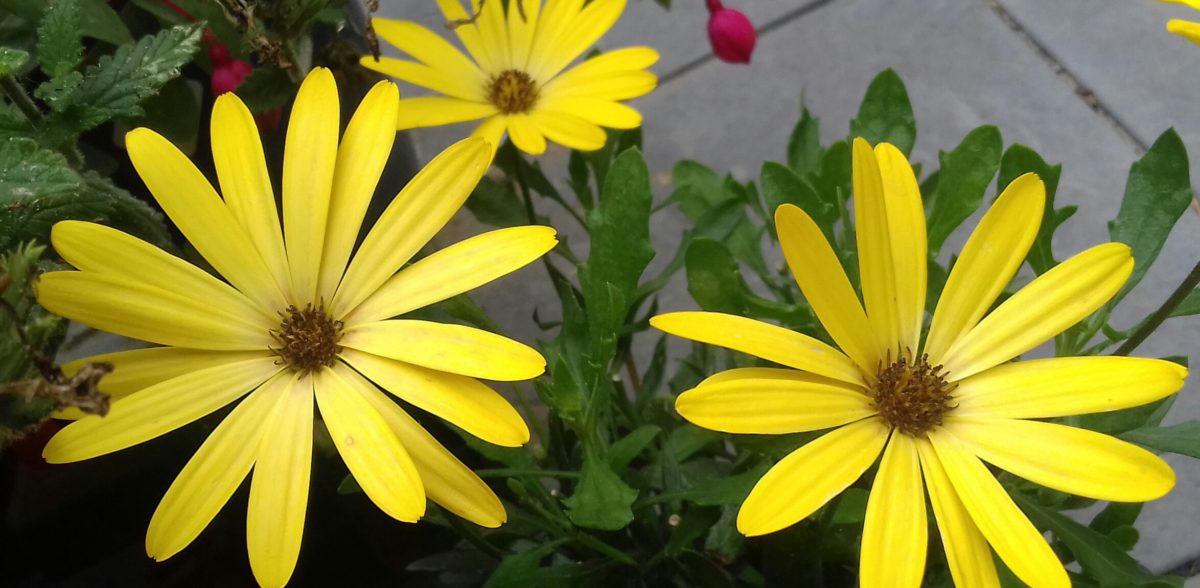As I reflected upon the past week, I noticed just how often the subject of time comes up in conversation. Whether through folk commenting on how fast time is going, my pastor remarking upon the lack of quiet time within our culture, or the friend enquiring as to how I manage to be involved in so much with only 24 hours in a day.
I decided to take a look at my diary where upon I could not help but see that it looks ridiculously full. I think the lack of physical space on the pages of my diary reflects the lack of actual space within my days. There’s just not enough space to simply be still, to breath, to reflect, or to envision new things. I try to fight it by reclaiming time here and there, but actually, I still need to make changes.
I’m all too aware that this is not just a me thing either. I constantly hear people proclaim, ‘I’m so busy’, or ‘I’m so tired’. Can we make the time to consider the correlation between the two?! Is it any wonder in our culture of ‘cramming crazy amounts in to our day’ that time appears to be going so fast? Could it be that in reality, we simply need to slow down?
What is it anyway with wearing our over busy status like some kind of badge of honour?
Why are we so busy?
Why are we constantly filling our time and what with?
What would happen if we didn’t?
What if we allowed unscheduled space?
And yes I know, we all have responsibilities in life. Anyone with a family, house, garden, car or business will know, there are always things that need doing. But could we give ourselves permission to have ‘to do list’ free times? Trust me, I love a good ‘to do list’ (at least, the ticking off part) yet if I don’t get enough time without one, I start to feel stifled.
Perhaps it is time for us all to re-evaluate what exactly we are spending our time on that we can begin to make appropriate cut backs.
To this end, I’ve been aware for a while now that I need to go through my diary. Yet I haven’t actually allocated the time to do this. Which means that I am guaranteed to simply repeat that which I am already doing with my time, despite having established that it is not entirely working.
And that’s the thing right there, that which we do not schedule time to do, shall remain undone.
As I reflected upon the allocation of my time, I realised that I’ll sit down (albeit begrudgingly) to go through my finances to check how I’m spending my money. Yet I don’t do the same when it comes to how I’m spending my time.
Isn’t time way more precious than money?
After all, we can earn more money. Yet no amount of money can ever buy us more time. Time is finite, without refund or guarantee. And none amongst us, know how much time we have left in the bank.
So how do we invest our time between God, family, friends, work, play, rest, fun, keep fit and hobbies?
What do we prioritise?
What always gets squeezed out?
Does our allocation of time reflect our values and priorities?
In our quest not to waste time, could it be that we have gone to the polar opposite extreme in trying to make it stretch too thinly? An entirely false economy.
Whilst our time is indeed precious and fleeting, what I love about it is that we are all equal in so far as we are all given twenty-four hours every day. (If we’re lucky).
Yet how we choose to spend those twenty-four hours will not only determine the difference we make to our own life, but also potentially to the lives of those around us.
A time to take stock perhaps …


